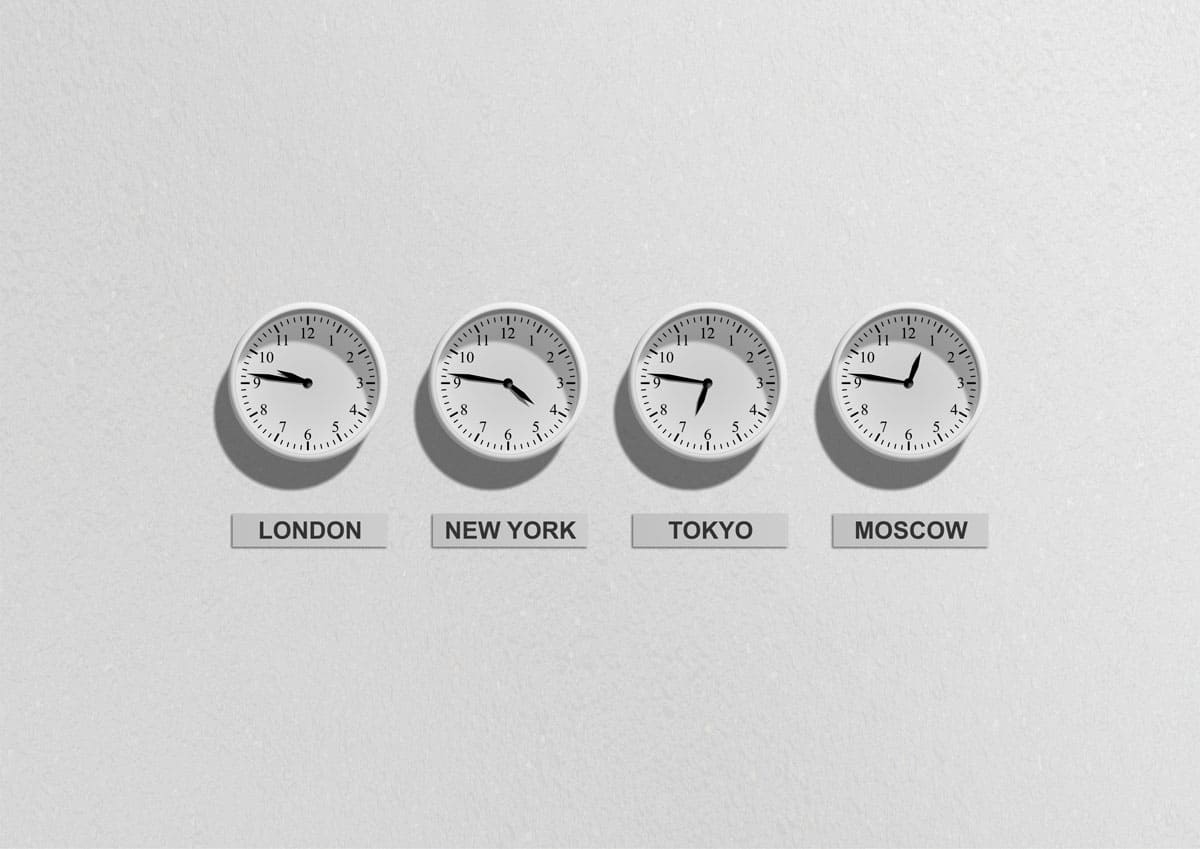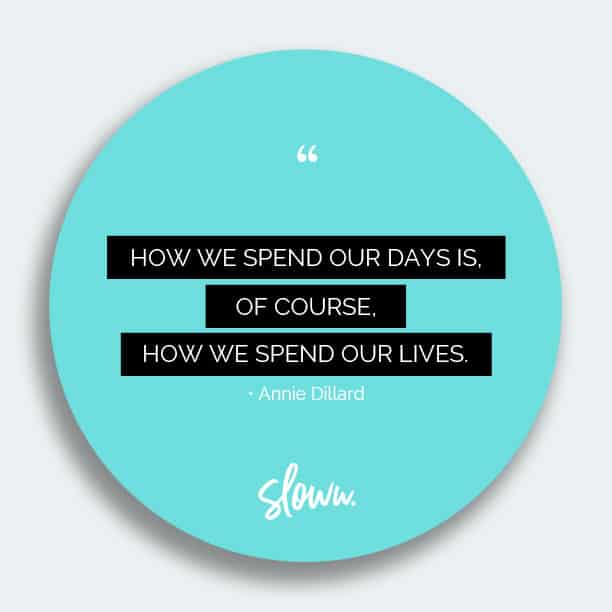Everyone Gets 24 Hours Each Day
Whenever I’m feeling overwhelmed, I remind myself that everyone gets the same 24 hours in a day. Everyone. Every one.
You, me, your parents, your siblings, all your friends, everyone you’ve ever met, everyone you’ve never met, all celebrities, all criminals, professional athletes, professional gamers, everyone in law enforcement, everyone in drug cartels, Bill Gates, the 5,000,000 people in the Central African Republic — the poorest country in the world, Mark Zuckerberg, half the planet that still doesn’t have internet access, all religious leaders from the estimated 4,200 religions on Earth, prostitutes, porn stars, Elon Musk, monks, Donald Trump, Barack Obama, Michelle Obama, the North Pond Hermit who hid from people for 27 years, minimalists, maximalists, the Ikarians of the Blue Zones who live the longest lives on Earth, the 300 people in the uncontacted tribe in Brazil who are living like their ancestors did 20,000 years ago, everyone in first world countries with water and toilets, the 663,000,000 people on Earth without access to safe water — you get the idea.
This vast mix of people are all on Earth together right now. Today.
Is time equal?
Although we all get the same quantity of hours in the day, is time really equal for everyone? Does “time equality” exist? The simple answer is no. For instance, in places without access to safe water, women and girls spend 6 hours each day collecting water just to survive.
If you’re in the half of the planet with internet access to read this, you have a great opportunity. If you have the luxury to fully control your 24 hours, you can intentionally plan them to benefit yourself and others.
Have you ever actually planned out how you would ideally like to use your 24 hours each day (e.g. time blocking)? A minute spent on one thing is a minute not spent on another thing. Every minute is a choice. There are 960 waking minutes per day — or, as Tim Urban from WaitButWhy.com says, you have 100 10-minute blocks each day.
If you’re interested in how the average American spends their time, check out the Bureau of Labor Statistics American Time Use Survey (ATUS) which measures the amount of time people spend doing various activities such as paid work, childcare, volunteering, and socializing.
Here’s a 24-hour guide to help you get started:
Working: 8-9 hours
Sleeping: 7-8 hours
- Maybe even throw a nap in there — new research shows that your chance of heart disease is about one third lower if you nap.
Eating: 1-2 hours
- Check out the Blue Zones diets — the people who live the longest lives on Earth.
Connecting: 1-2 hours
- Family: Put family first — significant others, spouses, partners, aging parents, children.
- Friends: Spend time with like-minded people that support healthy behaviors.
- Spirituality: According to Blue Zones, attending faith-based services 4 times per month (no matter the denomination) adds up to 14 years of life expectancy.
Moving: 1-2 hours
- The Blue Zones research states that where you live is the biggest, non-genetic influence on how healthy you are. If you don’t live in an environment that nudges you to move naturally, exercise will need to remain part of the daily plan — daily walks outside, finding joy in everyday physical chores, engineering more mindless movement into our lives, standing while working, taking a 5 minute break every 55 minutes of work, high intensity interval training (HIIT) exercises, stretching, gardening, etc.
Other(ing): 2-6 hours
- Giving back? Other to-dos at home? Side hustle/business? Reading?
Final Thoughts
Or, maybe you’ve already figured it all out and have already achieved perfect life balance like the Mexican fisherman.
For the rest of us, how can we make sure we stay on track? While I’m a big advocate for digital minimalism, I do believe some technology can be used to your advantage here. Time and habit tracking apps can provide useful data about how you spend your time and what you do (and don’t do) each day. The two habit tracking apps I like are Coach.me and Streaks. I may also begin experimenting with a time tracking app as well. Have you ever used one?
What other tips do you have to maximize your 24 hours? Please share them in the comments!
Slow Living Resources
Slow Living Life Hacks | Slow Living Challenges | Slow Living Online Forums & Communities | Slow Living Quotes | Slow Living Book Summaries | Slow Living Videos






